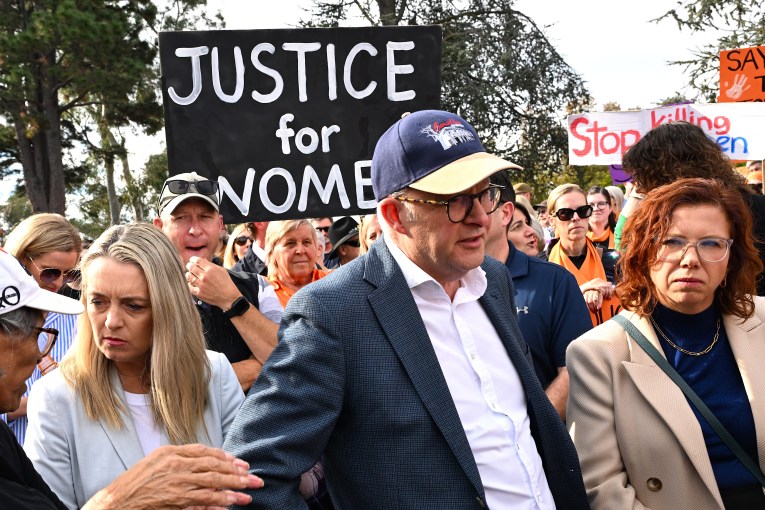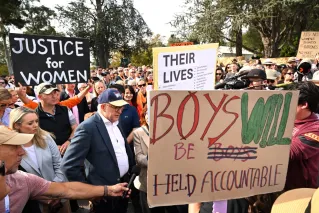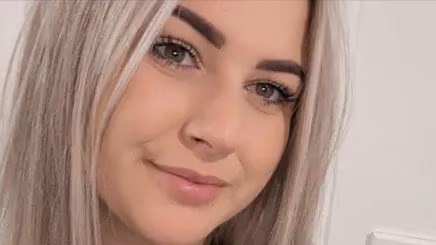Life and death decision that has me, and so many, shifting with the breeze
Should terminally-ill Queenslanders have the right to decide when, and how, they end their lives? Or should we put more effort into how death can be made less painful, writes Madonna King


There are several criteria a person must meet in order to qualify for voluntary assisted dying. (Photo: The Conversation)
When someone close to me was diagnosed with terminal cancer, her wishes were clear: she didn’t want to be kept alive for the sake of it.
She was happy to meet her maker, when He or She decided the time was right.
And as death loomed slowly, and on some days painfully, she repeated that wish: she did not want medicine that would just stave off the agony that often is death’s unwelcome partner.
But in her last few hours, when intravenous antibiotics could help make her feel better – and live longer, she was told – she accepted them
Another family member chose intervention, when he has spoken many times against it, when his heart was faltering late at night, in an emergency hospital bed.
Both changed their decision, when they believed the end was nigh. And with euthanasia now a real probability in Queensland, those difficult conversations keep coming back to me, changing my view back and forth.
What does it mean for those laws that will soon make it legal to end our lives?
Support or rejection of Voluntary Assisted Dying laws is an incredibly personal decision, where our view is as important as that of Annastacia Palaszczuk. Indeed, our decision is as important as that of any politician who gets to lodge a conscience vote.
It’s not only personal; it’s incredibly difficult decision. And politics should play absolutely no role in it.
One friend, deeply Roman Catholic and a medico, is campaigning for the laws. Why? Because she saw her husband die over years, not days, and that must still haunt her on most nights.
Another friend, with no strong religious beliefs, is opposed to any form of euthanasia, claiming it’s an ‘easy way out’. They too have seen loved ones die, close-up.
Neither of their views are any more ‘right’ or ‘wrong’ than the other. That’s what makes this so damn difficult.
Queensland’s not leading the charge here. South Australia is on its way to legalising assisted dying. Western Australia and Tasmania have based laws, and Victoria’s euthanasia regime was set up in 2017, and came into effect in 2019.
The verdict there is mixed. Some families have explained it as the pot of gold at the end of life’s rainbow. Those who plan to use it say it’s taken the angst away so they are able to ‘live’ in the last few months.
But problems have surfaced, too. It has split and fractured medical communities, access issues – because doctors can’t tell patients that voluntary assisted dying is available (at least in some jurisdictions) – continue, and it’s estimated just under one-third of patients who qualify under laws and are allowed access to medication are dying before they get it.
Of course, safeguards exist too and in Queensland, patients must have an advanced and progressive condition that will cause death within a year, be able to make a decision, be acting voluntarily, be aged 18 or over and must fulfil residency requirements.
Palaszczuk, like most people, has a story that has influenced her support for law changes; she’s seen her grandmother and uncle die. And she is urging voters to “read’’ the Queensland Law Reform Commission report, which looked into the issue.
But is that good enough? How many voters will genuinely seek out a report, and understand it? And why – given they don’t have a vote? Are MPs, who have been granted a conscience vote, registering their view, or the view of their electorates, when they vote?
How do we ensure that such a complex and difficult issue is understood, and that the path ahead has broad support?
They are a few questions, amongst dozens and dozens more.
But one question tops all others, for me. How do we make sure euthanasia is not just another palliative care option?
Palliative care is funded appallingly in this state, and most others. Repeatedly we’re told that no-one should die in agony, but they do – because of access to services, allergy to pain killers, and a host of other issues.
We know the legislation will provide a guarantee that those eligible can be assisted in death. But what about those who don’t?
Where is the legislated promise to safeguard and grow palliative care? Perhaps I’m untrusting, but I want to know that an elderly parent doesn’t take the euthanasia option because they believe they are burden, or costing their family money by remaining alive or that they see death as their only option.
Euthanasia laws or not, that would reduce us all.












